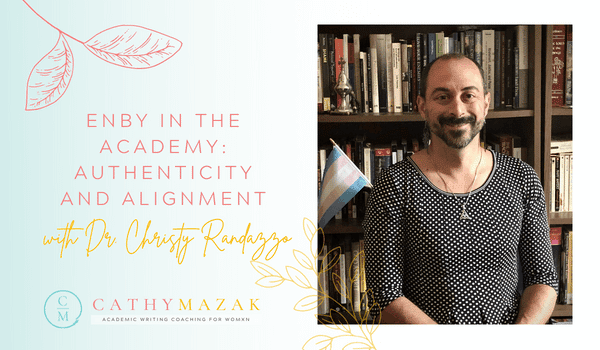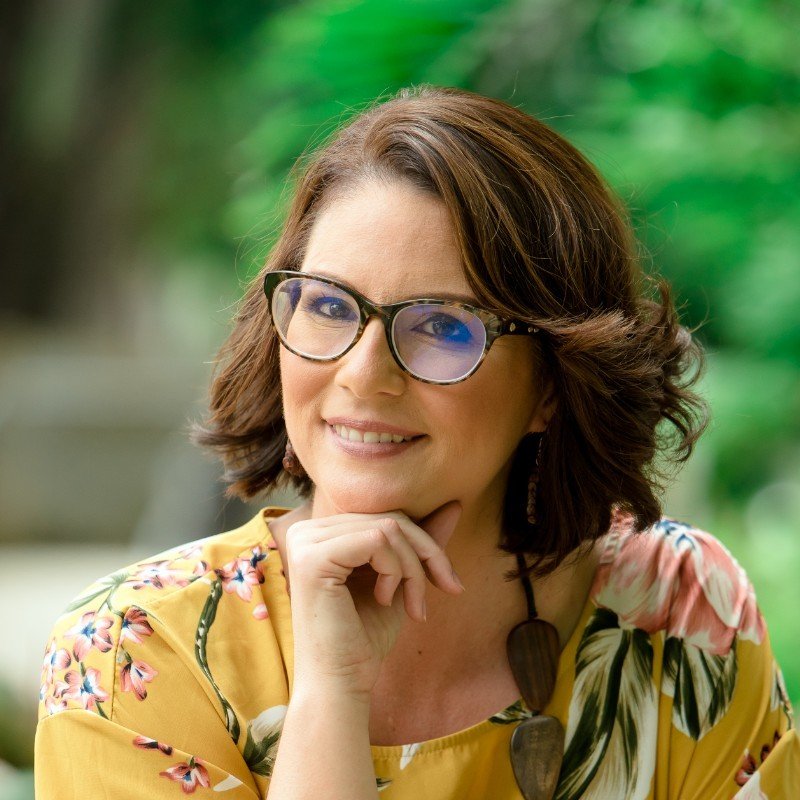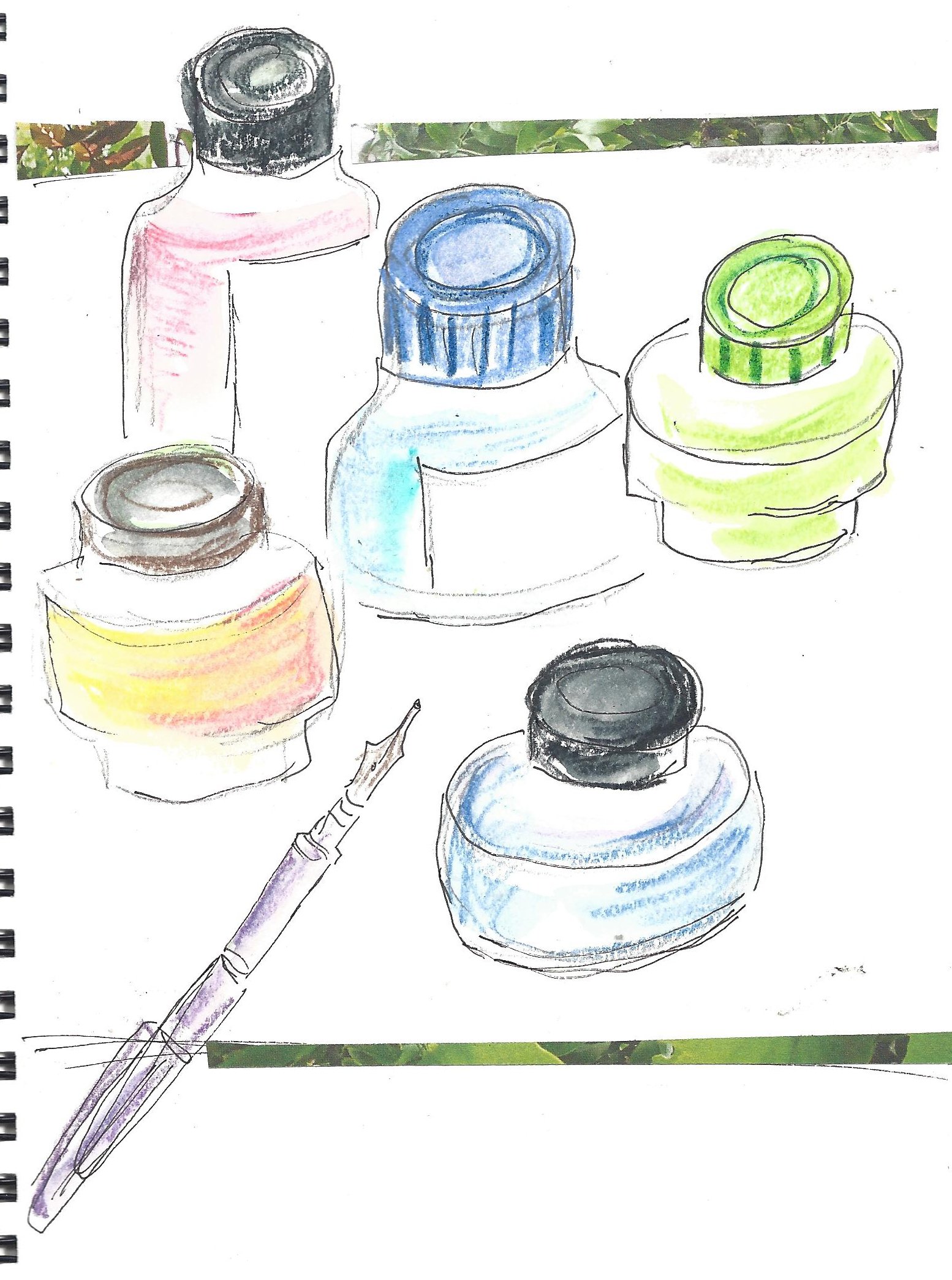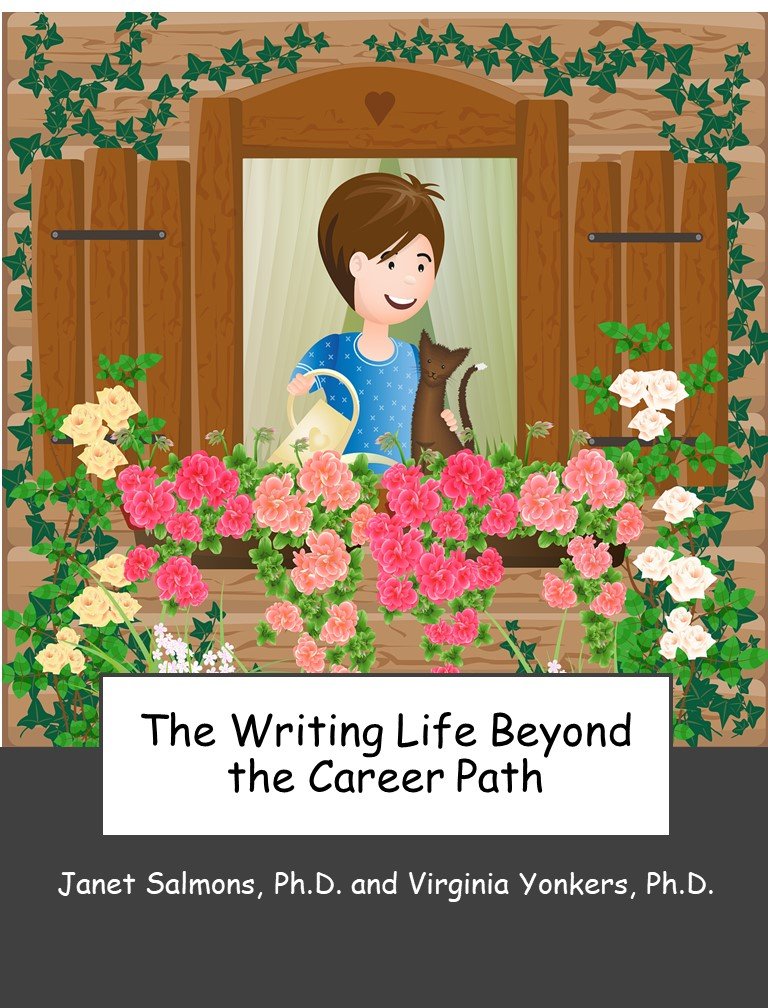Nonbinary Identities, Context, and Academic Writing
By Cathy Mazak, PhD
Dr. Mazak was a panelist for the webinar, How Academic Writing Coaches Get Unstuck. In this post she responds to questions posed by attendees about how to manage the writing process for a large project such as a dissertation, thesis, or book. In addition to the resources listed below, visit her website at https://www.cathymazak.com to learn about her writing programs, podcast, and coaching.
#AcWriMo doesn’t just give us the opportunity to get words on the page, it also invites us to reflect on our academic writing practice: what it is and what we would like it to be. We do not write in a vacuum, nor are we bodiless brains cranking out academic papers! Our context and identities influence how we think about our writing practice, our beliefs about time and boundaries, and so many other factors that have a real effect on us as academic writers.

Click to listen to the podcast.
With that in mind we’d love to share with you a very special podcast episode from Academic Writing Amplified, Episode 130: Enby in the Academy: Authenticity and Alignment with Dr. Christy Randazzo. In this episode, writing coach Thea Racelis chats with professor of religion Dr. Cristy Randazzo about what it means to be nonbinary in academia, how to navigate the tension of working as a nonbinary person, and how others in the workplace can support and be an ally for the enby community. Particularly of interest for #AcWriMo, Dr. Christy shares how their nonbinary identity specifically relates to their writing.
More Methodspace Posts about Academic Writing
Deaf scholars are flipping the script in academic publishing—highlighting the power of signed languages, challenging outdated views, and creating space for real representation through the Society of American Sign Language Journal.
Creating an effective abstract is often challenging yet crucial. With 250 words or fewer, authors must make strategic decisions about what to include and exclude, while delivering a clear and focused message that outlines the content of the manuscript. This blog entry illustrates how S.M.A.R.T. principles (specific, measurable, achievable, relevant, and time-bound) can assist academic writers in crafting clear, concise abstracts for manuscripts and research papers.
In this post Dr. Mazak discusses how to manage the writing process for a large project such as a dissertation, thesis, or book and offers resources to help new or experienced writers.
This post includes tips about writing qualitative proposals excerpted from Research Design by Creswell and Creswell.
Celebrate Academic Writing Month 2023 by getting organized! Find open-access resources to help you avoid being distracted by details and lost files.
Sometimes taking a break from the keyboard to write by hand unleashes creativity.
Maria Lahman offers tips to help you hone your academic writing
Find tips that will help you hone your writing.
Get ready for #AcWriMo! Find a checklist that will help you overcome obstacles that keep you from making progress with academic writing.
This must-read article in The Scholarly Kitchen caught my attention: “Who Is Going to Make Money from Artificial Intelligence in Scholarly Communications?” See this thought-provoking interview with the author, Joseph Esposito.
All the posts for Academic Writing Month 2022 are here on one page!
Learning while doing: collaborating on a book about collaboration.
Ethical decisions are present throughout the process of academic writing and publishing. This collection of open-access articles offers insights about some of the issues writers face.
Dr. Boyd was a panelist for the webinar, How Academic Writing Coaches Get Unstuck. In this post she responds to a question posed by an attendee: “How do you find a writing group?
In this podcast panelist Leslie Wang discusses “All About Writing Groups” and offers practical tips for organizing your own.
What do academics write when they are free from institutional constraints about what they can publish? See this post and conversation with Janet Salmons and Virginia Yonkers.
Dr. Boyd was a panelist for the webinar, How Academic Writing Coaches Get Unstuck. In this post she responds to questions posed by attendees: “How do you get unstuck in writing when someone's negative, hypercritical, or just mean feedback has gotten you stuck?” and “How do you balance or sustain your writing with all the imposter syndrome thoughts coming at you?
Dr. Boyd was a panelist for the webinar, How Academic Writing Coaches Get Unstuck. In this post she responds to questions posed by attendees: “How do you get unstuck in writing when someone's negative, hypercritical, or just mean feedback has gotten you stuck?” and “How do you balance or sustain your writing with all the imposter syndrome thoughts coming at you?
Since I am advocating for ways to stay engaged with writing, drifting may seem a strange interlude. Yet, I find drifting to be a vital companion state to writing. For me, usually drifting occurs when I have set aside all devices and am absorbed in some wholly different task, such as gardening, chauffeuring or waiting for children, or simply watching birds congregate at the feeder.
Where do you start when the blank page is staring at you? Answer these key questions to get started!
Find coming events and recordings of past webinars in this series about getting published.
Find food for thought and strategies for action this AcWriMo on SAGE Methodspace.
We are all busy. How can we find time to write? Maria Lahman, author of Writing and Representing Qualitative Research offers some suggestions.
What is a “scholarly voice” and how do I develop it?
Organize your writing so reviewers understand what you are saying.
Ethical research practice does not stop with the conclusion of the study. Importantly, ethical research practice comes to fruition in academic writing.




























Michelle Boyd answers a question about taking small steps to make progress on a large writing project.